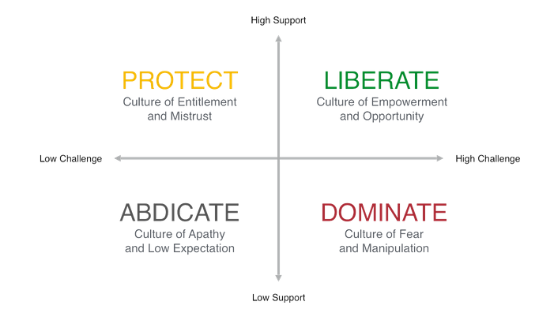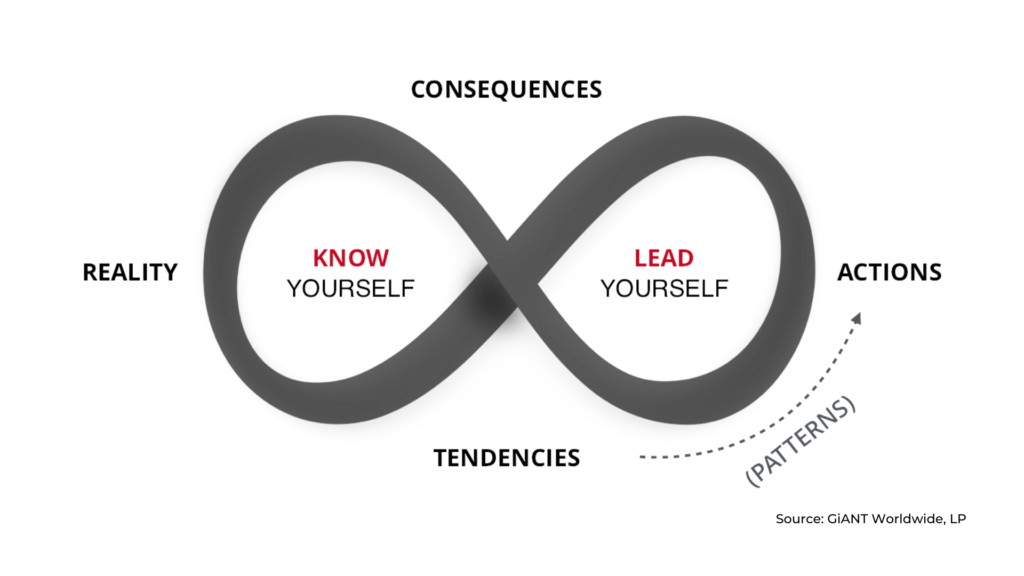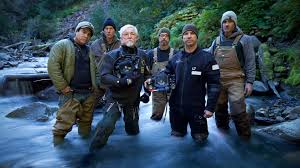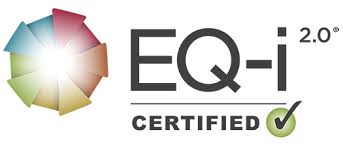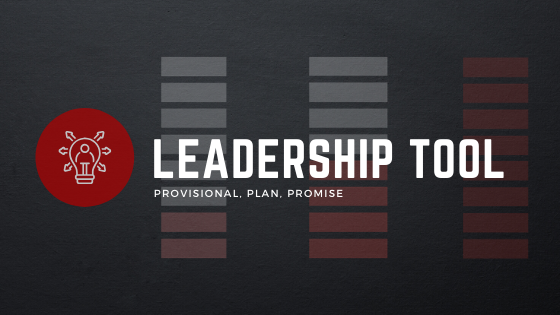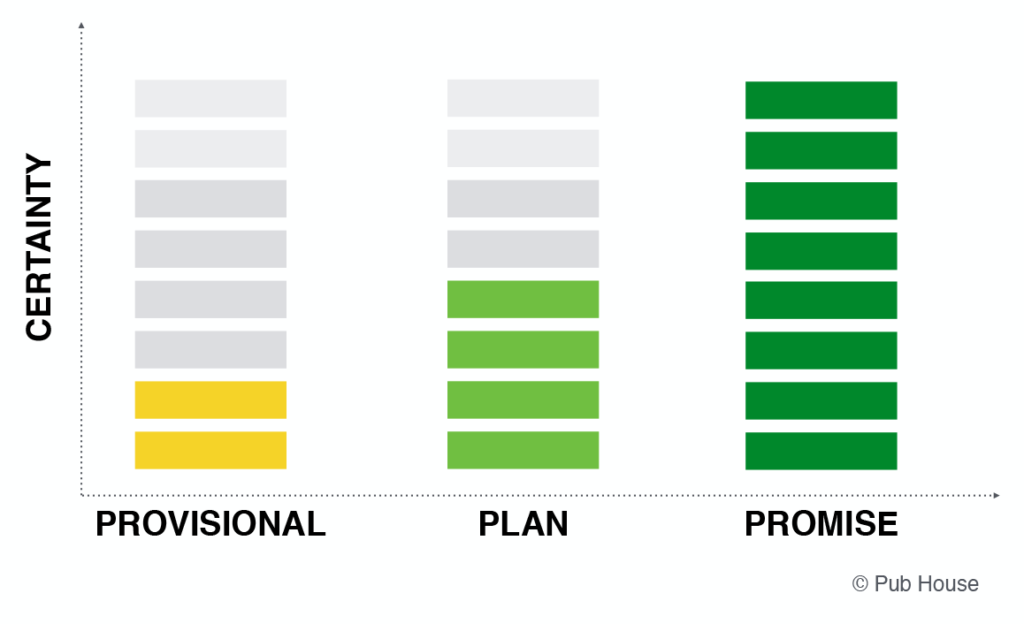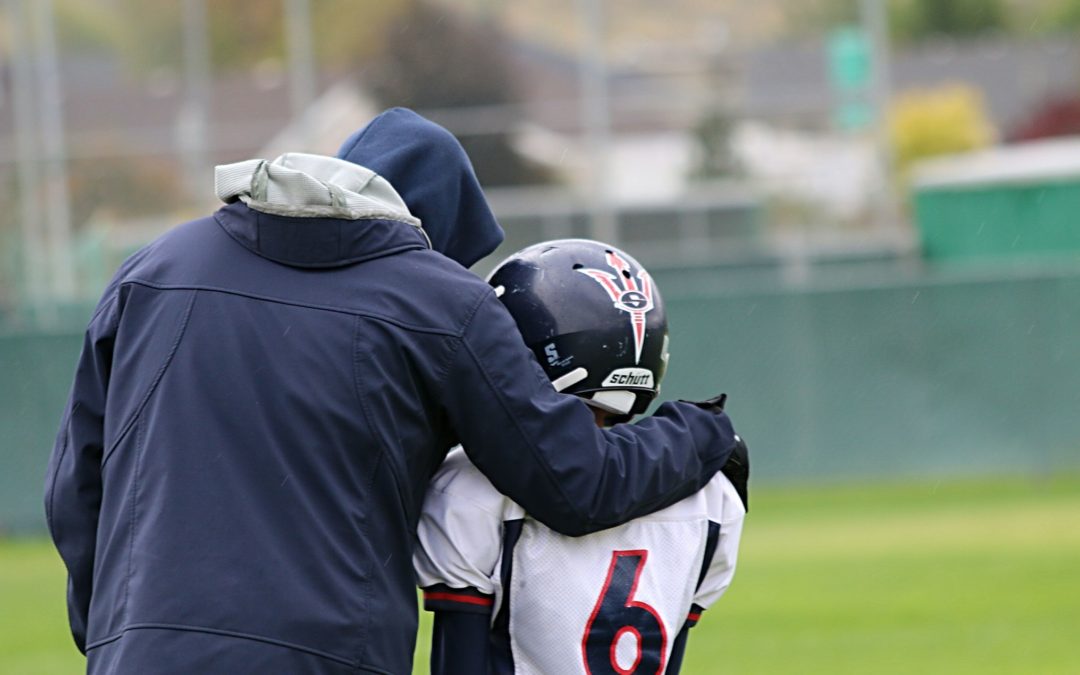
Be Real! (Part Three)
This post is the third and final post of the Be Real series.
In the first post, I shared to be a REAL influencer you need to be relevant.
In the second post, I shared that REAL influencers are empowering. I unpacked a great tool called the support challenge matrix as a guide to becoming a liberator of those you lead.
In this post, we will look at the last two ingredients to REAL influence.
BE AUTHENTIC
Authenticity is being true to one’s character, a person of integrity.
I like to think of integrity as an intangible glue that holds everything together.
Think about these references to integrity; the integrity of a ship’s haul, the integrity of a suspension bridge.
When a ship’s haul loses integrity, it is time to abandon ship. Or, if a bridge loses integrity, it’s no longer safe to drive on.
So it is with life. When integrity fails, everything begins to crumble.
My good friend, Lance Witt, teaches the idea that we each have a front stage and the backstage to our life and leadership.
The front stage is our pubic world. The backstage is our private, unseen world.
Authenticity asks, “Is there congruency between the private and public world?”
To live an Authentic life requires intentionality. In a recent post, “Somebody’s Watching Me,” I shared the “Know Yourself Lead Yourself” tool. You and I each have tendencies that inform our actions. When we live accidentally, instead intentionally, it will cause breaches in our integrity.
BE LOVING
The last ingredient of REAL influence is love.
People don’t care who you are, what you do, or how much you know until they know how much you care.
There are many ways to demonstrate love. We can use our words. We can express it through our actions. Even the gift of presence in difficult times can show love to those in need.
When it comes to REAL influence, a component of love that is sometimes under-leveraged is challenge.
Truly loving someone, will cause you to not allow the person to stay stagnant or to live below their best self.
Love should drive us to empower and liberate those we influence by calibrating support and challenge.
As I look back over my years of leadership, I like to think of the people who have had the most significant influence on me.
I am thankful for a godly, wise pastor who entered my story when I was a 25-year-old brash youth pastor.
He made himself relevant in my life. He empowered me to lead by supporting and challenging me.
He consistently modeled authenticity and integrity. He loved me through all my faults.
He had REAL Influence in my life.
I hope that you have someone in your life who has done these same things for you.
More importantly, I hope you will commit to practicing REAL influence in the lives of those God has put in your story.


